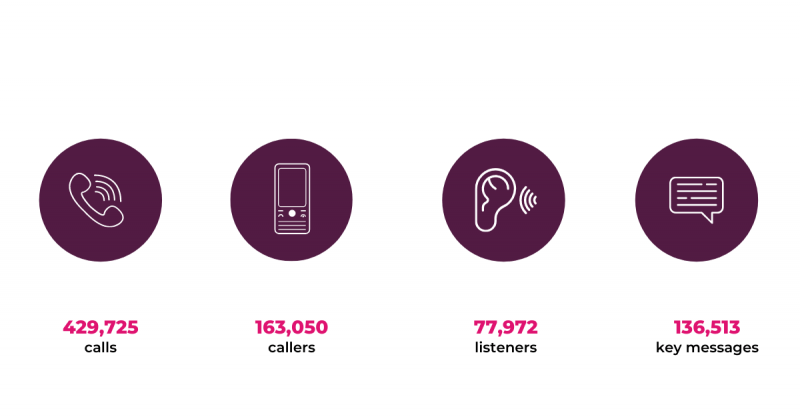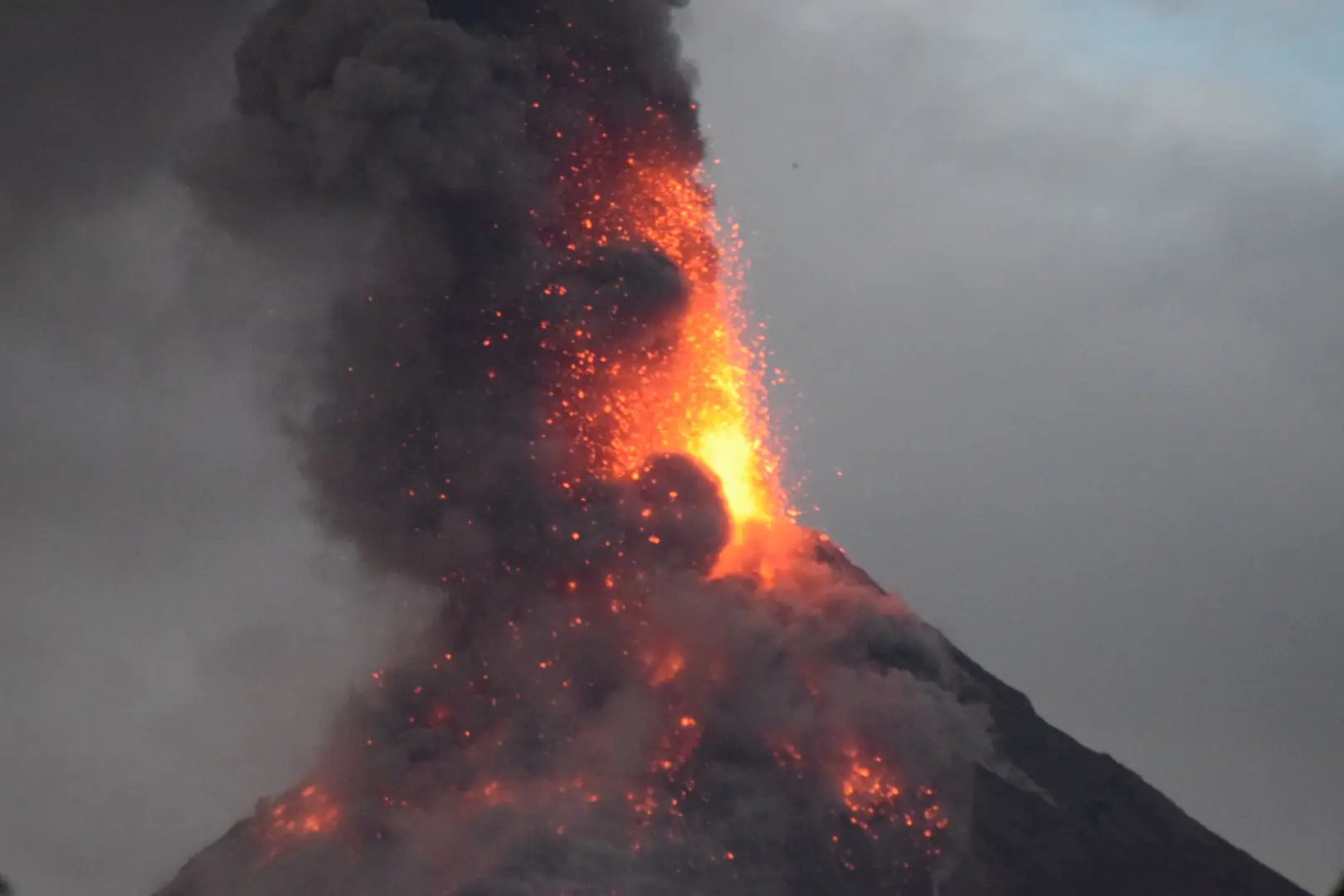Floods, droughts, and wildfires are becoming more common around the world as climate change continues to evolve. Fast moving natural disasters like these require innovative methods of communication that work in even the most challenging circumstances. Having access to relevant local information is crucial at any time, but it is never more important than when disaster strikes.
On 22nd May of this year, the volcanic Mount Nyirangongo erupted in the North Kivu province of the Democratic Republic of Congo. Fast flowing lava swept towards the nearby city of Goma, cutting off one of the approaches to the airport. Seismic activity destroyed thousands of homes while toxic gases made the atmosphere dangerous. At least 35 people died as a result of the eruption, and tens of thousands fled to nearby cities and into neighboring Rwanda.
Due to the volcanic eruption, most media outlets in the area, especially radio stations, stopped broadcasting. This resulted in mass confusion and a sudden lack of trusted information. Neither the people fleeing the volcano nor the communities they fled to had access to reliable information, a situation that soon began to create tensions and breed misinformation.
Our partners in the DRC moved quickly to fill this information gap. Internews used our 3-2-1 Service to distribute life-saving official information, in collaboration with our telecom partner Vodacom. The VOLKENO NI JIRANI (“Our neighbor volcano”) voice bulletin was completely toll-free, enabling listeners to choose to hear it in French, Kiswahili, or Kinyarwanda after dialing 42502 on a Vodacom line. With even a basic mobile phone, displaced people and the communities wherever they were received up-to-date, reliable information every day.
From June to early July alone, over 75,000 users had listened to more than 136,000 key messages on VOLKENO NI JIRANI. Through the voice bulletin, they heard reports on the living conditions of displaced persons, as well as those of residents who had returned home. There was information about the actions that government agencies and NGOs were taking to deal with the crisis, and about community cohesion between displaced persons and the local population. There were also life-saving health messages relating to the ongoing dangers from volcanic emissions.
Apart from the voice bulletin, we also co-created ‘Volcan Alert’, an SMS platform that provided similar information directly to users who preferred text messaging. Through Volcan Alert, more than 360,000 SMS messages were sent to local subscribers. This emergency response meant that people affected by the Mount Nyirangongo eruption could not only access critical information through their mobile phones, but found it easier to subsequently reach out to direct sources, without the risk of misinformation.

The volcanic eruption in North Kivu was a time-sensitive situation, where information was needed to bring together a community in crisis. Given the urgent nature of this project, we were able to work with Internews to begin implementation within ten days, quickly providing users with crucial information during a time of great uncertainty and loss.
When natural disasters break down traditional communication systems, it is mobile that is fast, user-friendly and flexible enough to get information to people wherever they are. To remain flexible and adapt to local conditions requires agile, simple and affordable concerted efforts. Resilient communications need a concerted effort of public and private partners in harnessing existing innovative approaches to saving lives during and after disaster strikes.




